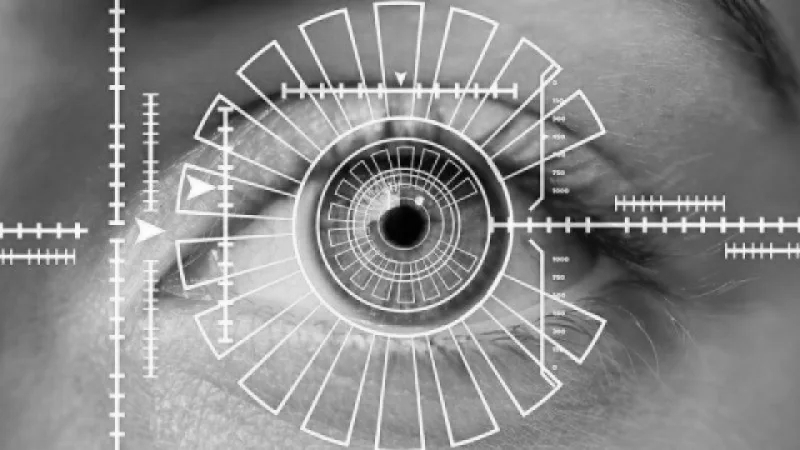
Adorno defined fascism in his time as “technically equipped barbarism.” While that definition stood out as one of the most precise, it nevertheless left the concept of barbarism in vagueness and ambivalence. Think, in the Marxist sphere, of the successful slogan “socialism or barbarism!”; loaded more and more with positivism and the ideology of a progressive advance toward classless society, Bordiga contrasted it with a resolute and outrageous “communism or civilization!” Not only does industrial and technological development not give birth to communism, it does not in itself “democratize” either customs or social relations.
More than a century ahead of those debates, the very young Leopardi had already centered the issue in one of the first thoughts of his Zibaldone: “Reason is a lamp: nature wants to be illuminated by reason not set on fire.” From this dazzling insight descends the reflection on the oppositional pair civilization-barbarie that runs throughout Leopardi’s work. Barbarie, for the poet-philosopher, is both that which precedes that light and the epoch of the overt and manifest fire, the triumph of a “geometrical reason” that is a “most false system of most true parts,” that is, “reasoned villainy,” the artificialization of lives and passions: in short, excess of civilization.
As the sequel showed, this was not merely a linguistic problem. The world still struggles, and more and more ruefully, with that ambivalence, although it changes its historical forms. Is not “technically equipped barbarism” Islam 4.0 under construction in Iran, a system that merges Sharia, social credit and facial recognition? We read, “Under the new hijab and chastity law enacted in Iran on Aug. 15, women who post their headscarfless photos on the Internet will suffer the temporary loss of certain social rights for a period of six months to a year. In addition, women deemed non-compliant will be barred from entering government offices, banks or traveling on public transportation. Government employees will be fired if their images on social media do not comply with what the Islamic laws dictate. Numerous women have been arrested for not complying with the dress code and forced to confess.” And again, “The Iranian government plans to use facial recognition technology on public transportation. The announcement comes directly from the secretary of Iran’s Ministry of Promotion of Virtue and Prevention of Vice, Mohammad Saleh Hashemi Golpayegani.” Continue reading “Italy: Techno-sharia, morality police and psychopolice”

